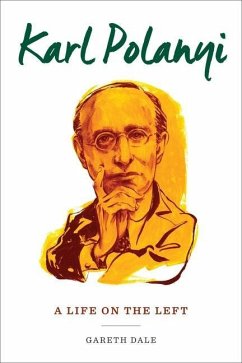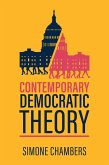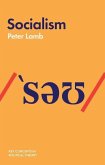Karl Polanyi was one of the twentieth centuryâ s most original interpreters of the market economy. His writing still serves as an effective counterargument to free market fundamentalism. Gareth Dale shows how the major personal and historical events of Polanyiâ s life transformed him from a bourgeois radical into a Christian socialist.
Hinweis: Dieser Artikel kann nur an eine deutsche Lieferadresse ausgeliefert werden.
Hinweis: Dieser Artikel kann nur an eine deutsche Lieferadresse ausgeliefert werden.
Gareth Dale's new biography offers us a bracing reminder of a far richer world of socialist activity that once existed in much of the West. Nikil Saval, The Nation
"Gareth Dale's book is the most erudite and theoretically comprehensive account of Polanyi's ideas that I have come across. This is above all an exercise in intertextuality and as such it is a remarkable example of intellectual dialogue." -- Keith Hart, Goldsmiths, University of London
"This will likely become the definitive book on Polanyi. In fact, it should be regarded and promoted as the definitive exposition of Polanyi's vision, ideas and the attendant debates. Gareth Dale combines a respectful and duly admiring attitude with unassailable theoretical erudition and clear-headed sobriety. The book also stands on its own as a serious contribution to current ideological debates and scholarly controversies regarding the prospects of post capitalist transitions." -- Georgi Derluguian, Northwestern University
"This will likely become the definitive book on Polanyi. In fact, it should be regarded and promoted as the definitive exposition of Polanyi's vision, ideas and the attendant debates. Gareth Dale combines a respectful and duly admiring attitude with unassailable theoretical erudition and clear-headed sobriety. The book also stands on its own as a serious contribution to current ideological debates and scholarly controversies regarding the prospects of post capitalist transitions." -- Georgi Derluguian, Northwestern University








